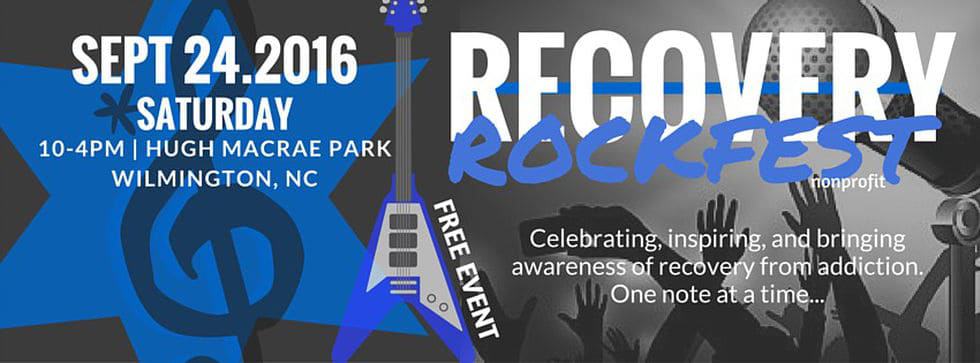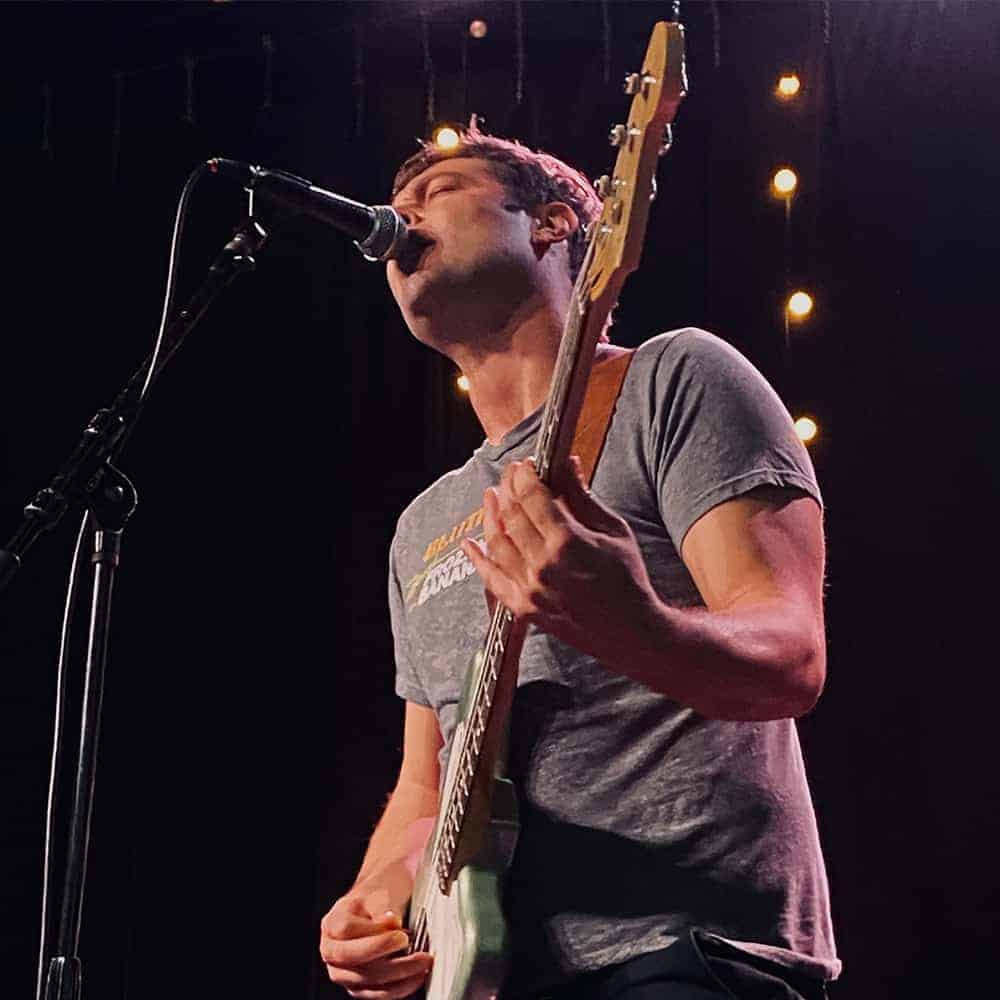
We have medical professionals and licensed clinicians implementing proven techniques to reach the root problem, and using music to connect with the brain’s hardwired reward system.”Īlong with curing the problem of addiction, both Recovery Unplugged and its partner, the Face The Music Foundation, are working to transform the stigma of the disease. “This is not something where you go home and listen to a song and that will combat addiction.

“It’s important to know, there’s a lot of science behind what we’re doing this is not a gimmick,” explained Pellinger. So the three got to talking, and in 2013, Recovery Unplugged was born.Įarly on, Recovery Unplugged hooked into the natural connection with the music world and tapped well-known award-winning singer-songwriter Richie Supa of Aerosmith fame as the Director of Creative Recovery. “Quite frankly,” said Sossin, “there were people in my family with drug and alcohol abuse problems, including my mother-in-law, and I was getting tired of paying for rehab programs that didn’t work.”

For Sossin, the problem of addiction hit closer to home. Geissler was intrigued by Pellinger’s ideas, and introduced him to a client of his, Hollywood businessman Andrew Sossin. And the vast majority of my clients are good people who just made some bad choices.” I would say that 95% of the people I represent are with me because of drugs or alcohol. “As a criminal attorney with 32 years in this field,” he said, “I can tell you that it goes beyond the 80/20 rule. Geissler was instrumental in the formation of the Broward County Drug Court in the late ‘80s. In the courts, Pellinger had worked closely for many years with Marshall Geissler, a local criminal attorney who was also frustrated with the system. This is why he dedicated his life to this.” “Those dependent on illicit substances are responsible for a disproportionate number of crimes,” he stated. He knew that there had to be a better way to get to the source of the issues causing addiction, and help the people suffering from it. After more than 20 years working in the recovery area, as a court liaison helping to put criminals with drug-related offenses into rehab rather than prison, and as a consultant helping open drug rehab centers, he was frustrated with the low success rates the rehabs were experiencing. Recovery Unplugged was an idea, says Paul Pellinger, Chief Strategy Officer and co-founder, born out of frustration. And now, with its sister/partner non-profit, the Face The Music Foundation, what it’s out to do is to transform the entire addiction treatment industry, with a new, three-pronged, approach: treatment and relapse prevention for those afflicted, working with kids to prevent the problem before it starts, and reducing the stigma associated with addiction.

It’s difficult to measure the effectiveness of recovery services and all too common for individuals affected by addiction to cycle in and out of rehab several times throughout their recovery process.Įnter Recovery Unplugged, with a new approach using the power of music as a catalyst for positive and long-lasting change. Only ten percent of people completing traditional rehab programs are able to stay clean and sober. And what’s worse, the existing methods for treating these addictions are just not working very well.

The problem, which we hear about constantly, is the rise of addiction among not just kids and illegal drugs, but also working adults, and seniors, with alcohol and prescription drugs too. One of the many things that make this particular conversation special, at least to you and us, is that this meeting of the minds took place right here in Florida’s Hollywood. Like so many great ideas, Recovery Unplugged, and its sister non-profit organization, the Face The Music Foundation, came into being out of a conversation about a problem.


 0 kommentar(er)
0 kommentar(er)
